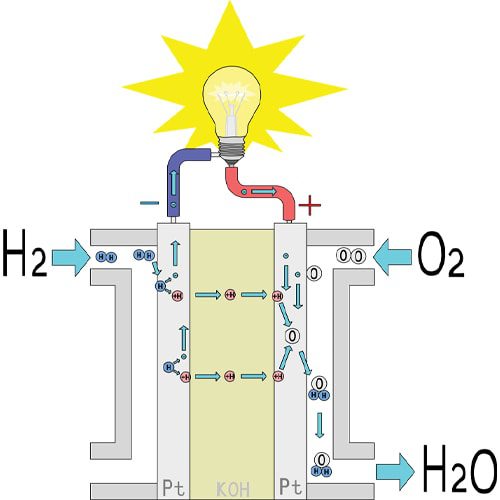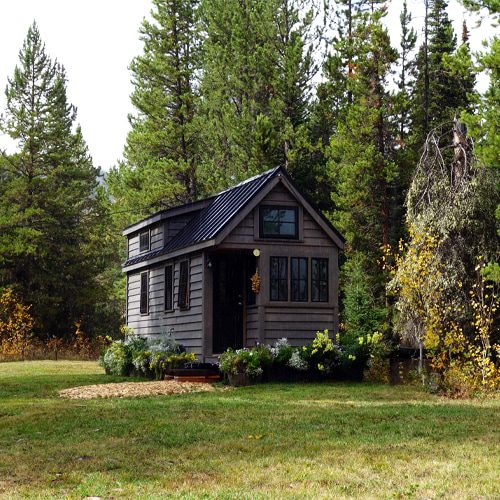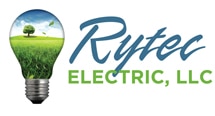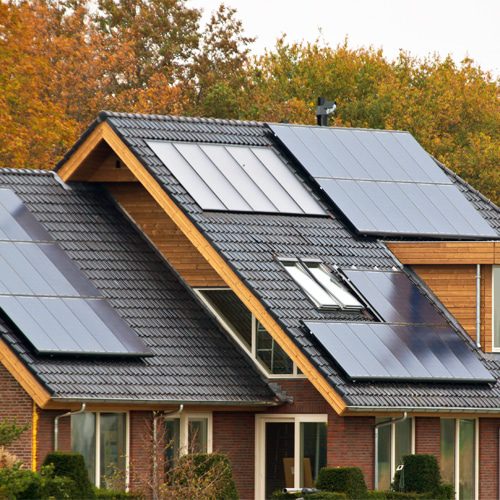How Do I Get Off the “Electrical Grid”?
Have you ever wanted to just disconnect? In these modern always-on times, it’s not surprising that many people want to unplug. But, what if you wanted to disconnect your entire home? In fact, this is a very real thing, and it’s often called going “off the grid”. So, you want to know, “How do I get off the electrical grid?” We’re here to answer this question for you, along with a few others that might help!
What Is the Electric Grid?
In order to get off the grid, it’s helpful to have some understanding of what the grid actually is. So, what is the electrical grid?
According to the University of Calgary, the electrical grid is an “intricate system designed to provide electricity all the way from its generation to the customers that use it for their daily needs. These systems have grown from small local designs, to stretching thousands of [miles] and connecting millions of homes and businesses today.”
In other words, the electric grid is simply the way that energy goes from the power plant to your home. That’s how just about every single house or business gets its electricity in the world — from the electrical grid.
How to Go “Off the Grid”
Naturally, if you wanted to get your house or other building off of the main electrical grid in your neck of the woods, you would need to supply your own power. In turn, that would mean building or installing your own power sources.
A few common power sources that homeowners use include: solar panels, wind turbines, geothermal heating, and fuel cells.
Solar Power
As you probably guessed, solar power is produced by harnessing the power of the sun. It uses solar panels that absorb sunlight during the day. Then, the home or building attached to those solar panel units can use that power around the clock.
One common misconception about this type of alternative power source is that it only works in areas of the country (or world) that get a lot of great sunlight. In fact, places like Seattle or Germany that get a lot less sunlight can still produce a ton of solar energy.
Pros:
- Get off the electric grid
- Lower energy bill
- Can increase home’s resale value
- Smaller “carbon footprint”
Cons:
- Does not work on every roof
- Can be very expensive
- Not great for people that don’t use a lot of power
Wind Power
As the name suggests, wind power harnesses energy from the wind. You probably think of massive wind turbines out in an open expanse of land, such as the new GE Haliade-X. This particular turbine could power a single home in the UK for two whole days…after just one rotation! While that’s pretty amazing, a huge wind turbine just isn’t a very practical solution for the vast majority of homes.
That being said, there are some wind power options for the home to consider. The Department of Energy refers to these as small wind electric systems. However, with all the complications and size requirements, there’s a good chance that a small electric wind system is just not worth it for most homeowners.
Pros:
- Get off the electrical grid
- Lower your “carbon footprint”
Cons:
- Large and impractical
- Extremely complicated
- Can be very expensive
Geothermal Heating
Geothermal heating is not the same thing as geothermal power. In order to create geothermal energy, you need an actual power plant. In other words, the very thing we’re trying to get away from!
Geothermal heating, however, is something that can supply homes with a heat source without needing a power plant at all. Instead, geothermal heating uses a geothermal heat pump (or “ground-source heat pump”, or GHP for short).
GHPs have the power (literally) to provide heating, cooling, and even hot water to homes. It does this by transferring heat either into or out of the ground. In fact, this is a remarkably common device and has been for over fifty years. It’s extremely popular because it can lower your energy bill by up to 65% when compared to a traditional HVAC unit.
Pros:
- Less reliance on the electric grid
- Reduce energy bill substantially
- Popular and time-tested technology
- Lower carbon emissions
Cons:
- Requires new equipment and installation
- Upfront cost
- Maintenance costs
- May not get a home completely off the grid
Fuel Cells
You might be wondering, “What kind of fuel cells?” That’s a great question. The answer is hydrogen. Hydrogen fuel cells can be stored to provide energy and electricity at a later date, just like solar or wind power.

While most hydrogen fuel cells have been used for industrial or commercial buildings, more companies are starting to give residential fuel cells a shot. For example, a company in Germany now offers something called a “micro cell option” that can be used in homes. Unfortunately, these are wildly expensive at the moment. Until a cheaper option becomes available, homeowners are probably not going to be tempted to get off the grid with hydrogen anytime soon.
Pros:
- Reduce carbon emissions
- Get off the grid
Cons:
- Extremely expensive
- Take up a lot of space
- Not practical/available for most homes yet
Should I Go Off the Electric Grid?
Solar panels, wind turbines, geothermal heating, and fuel cells all offer a chance for buildings to “get off the grid”. They also give people a chance to lower their carbon footprint by reducing emissions and potentially saving lots of money on energy bills down the line.
Unfortunately, many of these options just aren’t affordable for the large majority of homeowners today. The upfront costs and continued upkeep are barriers to entry that many consider a bridge too far.
If you decide to get off the grid, you would likely end up needing to choose between one of these options for your home’s upgrade or renovation, depending on availability in your area. On the other hand, you might want to stay on the electrical grid for the time being. If you do that, then you wouldn’t have any need to worry about costly installations or maintenance issues.
Is It Legal to Go “Off the Grid” with Solar or Other Energy Sources?
Here’s another very important consideration: In many areas, homeowners are required to pay a fee to the local energy grid even if they have their own energy source, such as solar power. This is due to a number of reasons, including the fact that “off-grid” power supplies can run out unexpectedly.
If that power loss does happen, the homeowners obviously will still want to have electricity in their house. In the unlikely event of a solar or wind power outage then, the electrical grid steps in to pick up the slack.
In South Carolina specifically, you need to be aware of a few key laws and regulations related to going off the grid:

- Distributed Energy Resource Program Act
- Title 58 – Public Utilities, Services and Carriers – Chapter 40 – Net Energy Metering
- Dominion Energy Solar Energy Requirements and FAQ
Without going into too much detail, you essentially need to know that going off the grid at least requires the following:
- You will still need to be connected to your local energy provider.
- You will still have to pay the local utility.
- For those that have Dominion Energy, they require that they give approval first. Second, you will have an inspection from local authorities. Third, Dominion will do its own utility inspection.
All this must happen before the appropriate meters can even be installed. - If you do not follow the right procedures and regulations, you are subject to fines, and they reserve the right to completely disconnect your electric service.
In a nutshell: It literally pays to do your research and hire a licensed solar installer to do the job right. That way, you can have peace of mind that all SC laws and regulations are followed exactly as they should be as you transition to power off the grid.
To Grid or Not to Grid?
So, should you go “off the grid”, or should you stay within the electrical grid for the time being? The answer to this question will depend on a home’s geographical location, the homeowners finances, and even the availability of certain materials and installation companies.
Whether or not you ultimately decide to remain on the grid or leave it behind, you would almost certainly benefit from having a trained electrician come out and take a look at your home. We’d be happy to come on down and see what your personal situation looks like. Give us a call or email us today.

